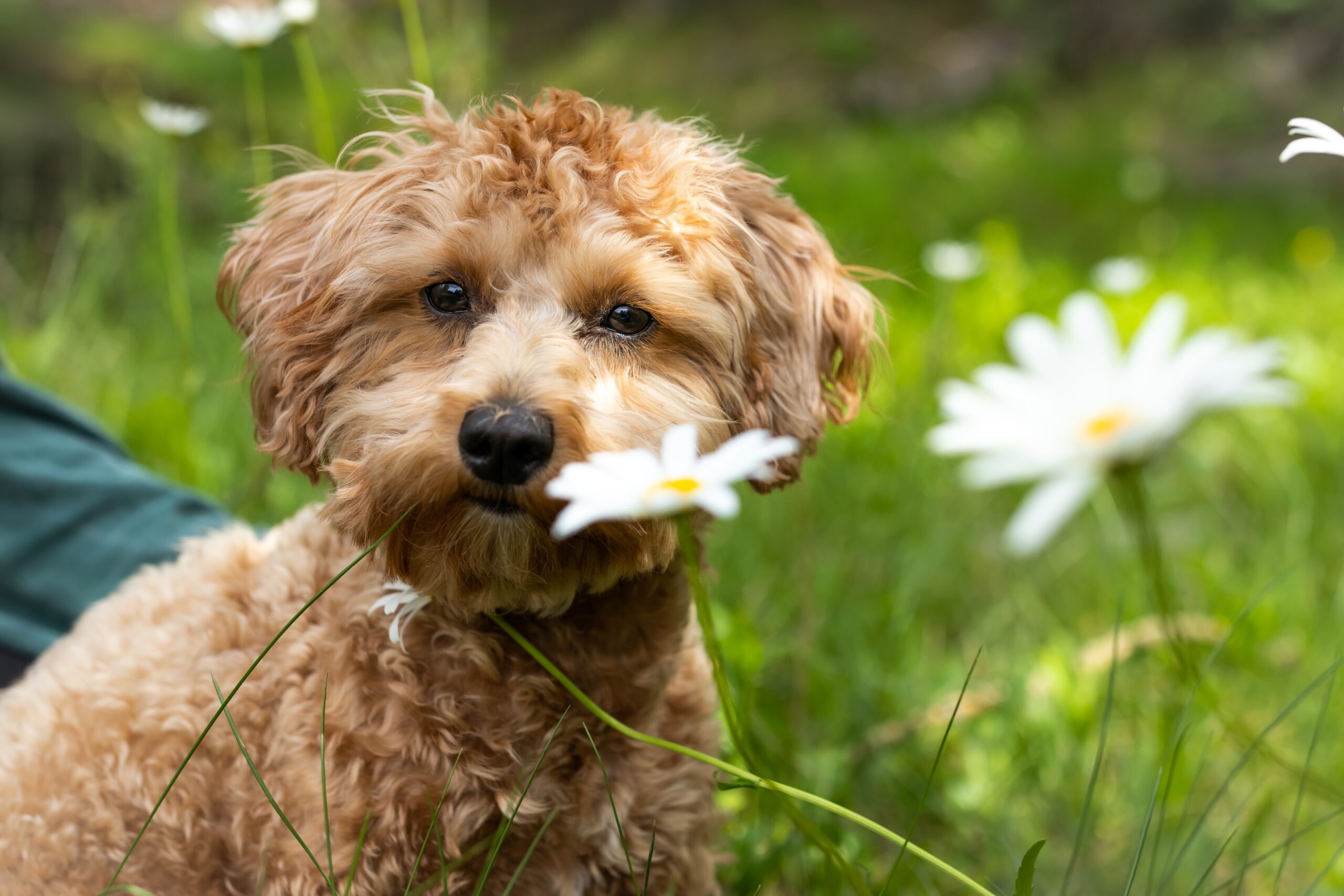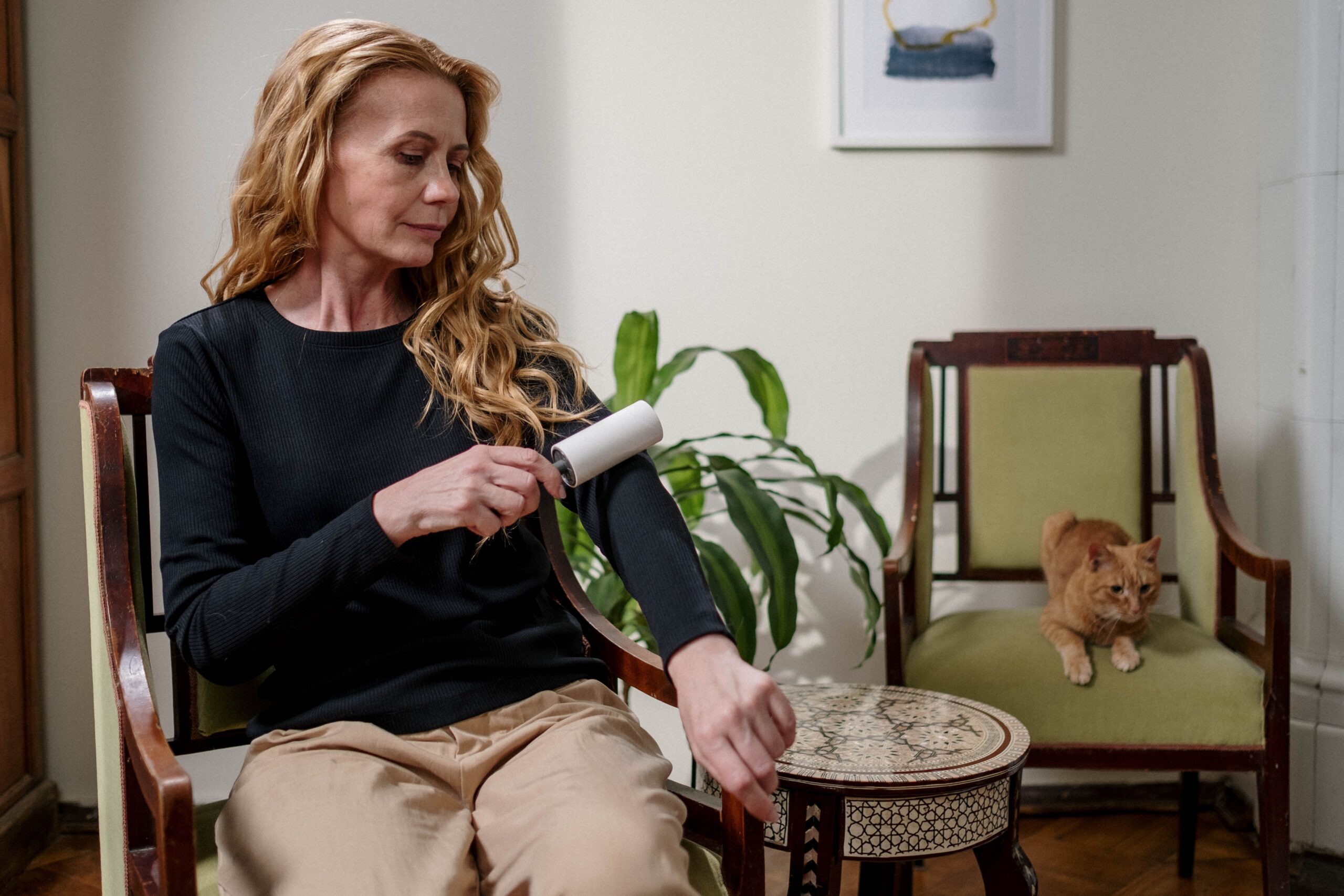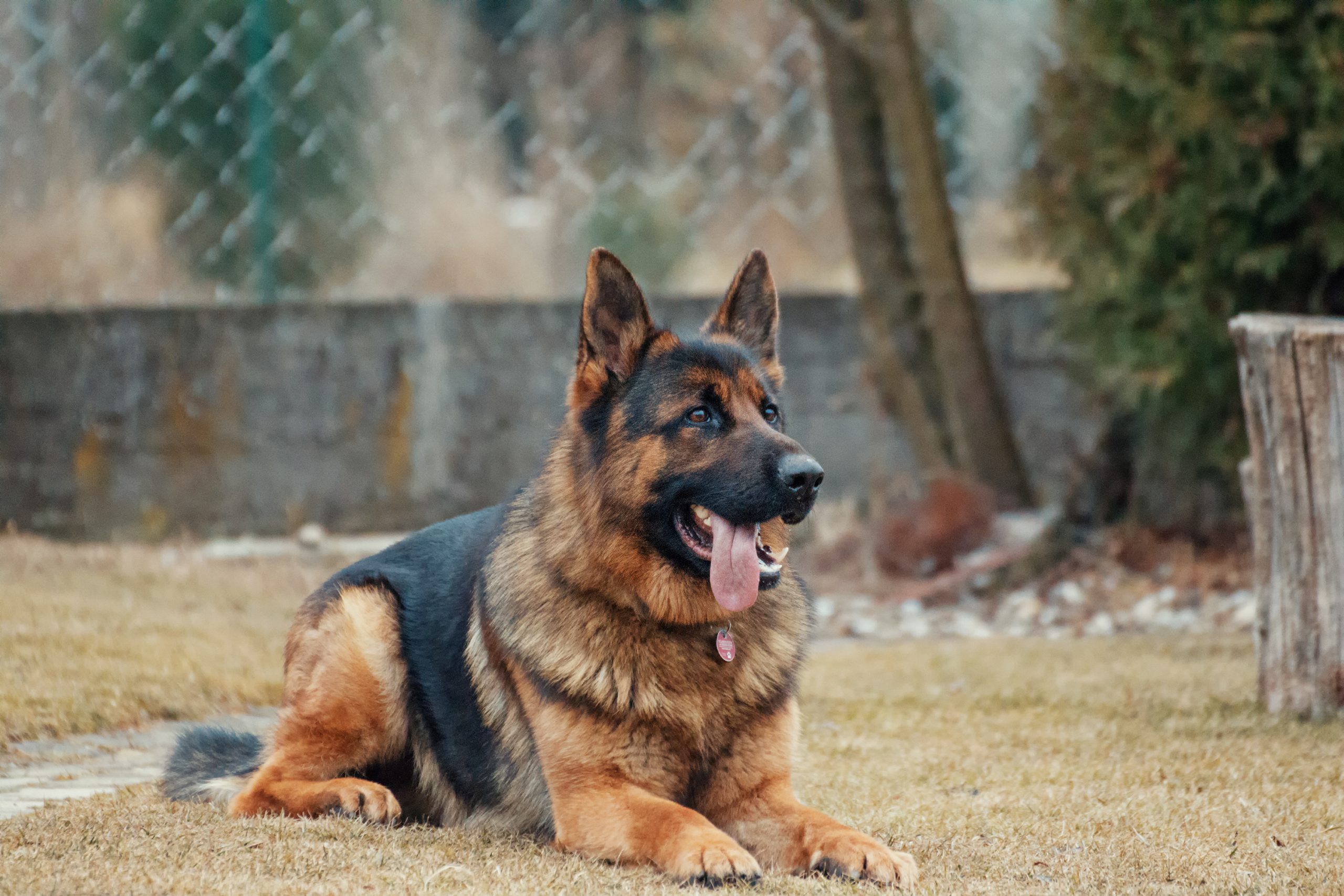Toy Poodles are one of the most popular breeds of dogs, known for their intelligence, loyalty, and charming personalities. These small dogs are a member of the Poodle family, which also includes the Standard and Miniature varieties. In this article, we will explore the characteristics, care, and training of Toy Poodles.
History and Origins
The Poodle breed is thought to have originated in Germany, where it was bred as a water retriever. The word “Poodle” comes from the German word “pudeln,” which means “to splash in water.”
Poodles were bred for their ability to swim and retrieve waterfowl for hunters, and were highly valued for their intelligence, athleticism, and trainability. The breed became popular in France during the 18th century, where it was developed into the three distinct varieties we know today: Standard, Miniature, and Toy.
The Toy Poodle, as its name suggests, was developed to be a smaller companion dog. It is thought to have been created by breeding smaller Miniature Poodles with other small breeds, such as the Maltese and the Bichon Frise.
Toy Poodles became popular in France and eventually spread to other parts of Europe, where they were prized as lapdogs and companions for the nobility. They were later brought to the United States, where they gained popularity as show dogs and family pets.
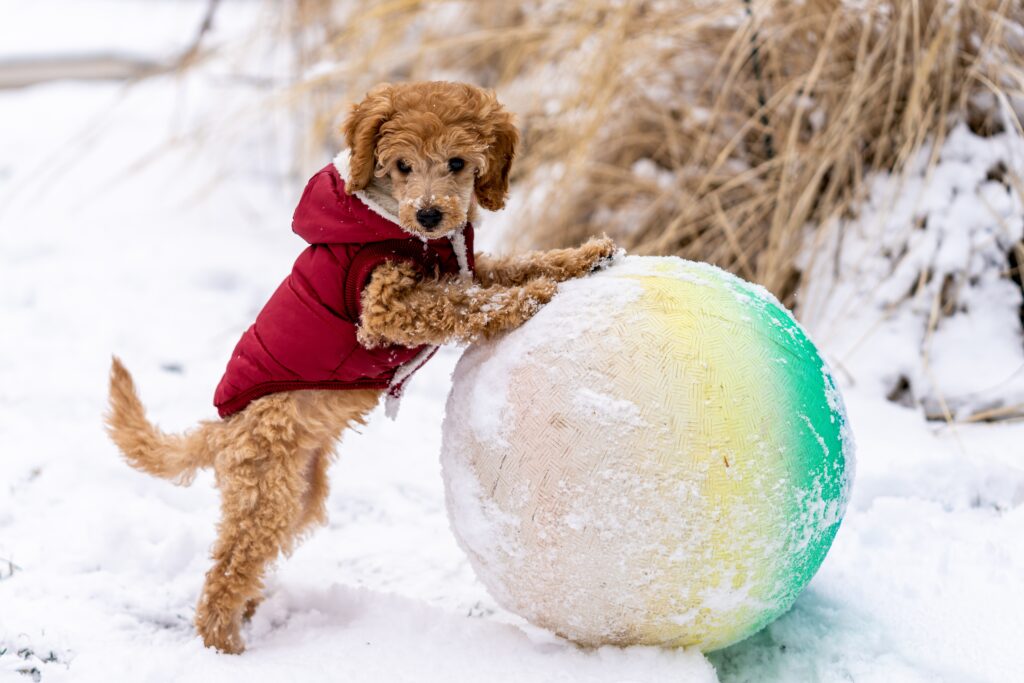
Appearance and Characteristics
The Toy Poodle is a charming and affectionate breed known for its distinctive curly coat and small size. Here are some of the key appearance and characteristics of the Toy Poodle:
Size and Weight
Toy Poodles are the smallest of the Poodle varieties, typically weighing between 4 and 6 pounds and standing at a height of 10 inches or less. Despite their small size, they are known for their athleticism and agility.
Coat and Colors
One of the most distinctive features of the Toy Poodle is its curly coat, which is dense, wiry, and soft. The coat can come in a variety of colors, including white, black, brown, apricot, and gray. Some Toy Poodles may also have parti-color coats, with patches of two or more colors.
Personality and Temperament
Toy Poodles are known for their intelligence, loyalty, and affectionate nature. They are highly trainable and respond well to positive reinforcement training methods. They are also playful and energetic, making them great companions for families with children.
Toy Poodles are typically outgoing and friendly with strangers, but may be reserved or shy in new situations. They may also be prone to separation anxiety if left alone for long periods of time, and may require early socialization and training to prevent destructive behaviors.
Exercise and Activity Needs
Despite their small size, Toy Poodles require regular exercise and mental stimulation to stay healthy and happy. Daily walks and playtime are recommended, as well as training and socialization to prevent behavioral issues.
Toy Poodles also enjoy activities such as agility training, obedience training, and trick training, which can provide them with mental stimulation and physical exercise. However, they are also adaptable and can thrive in a variety of living situations, including apartments and smaller homes.
Care and Grooming
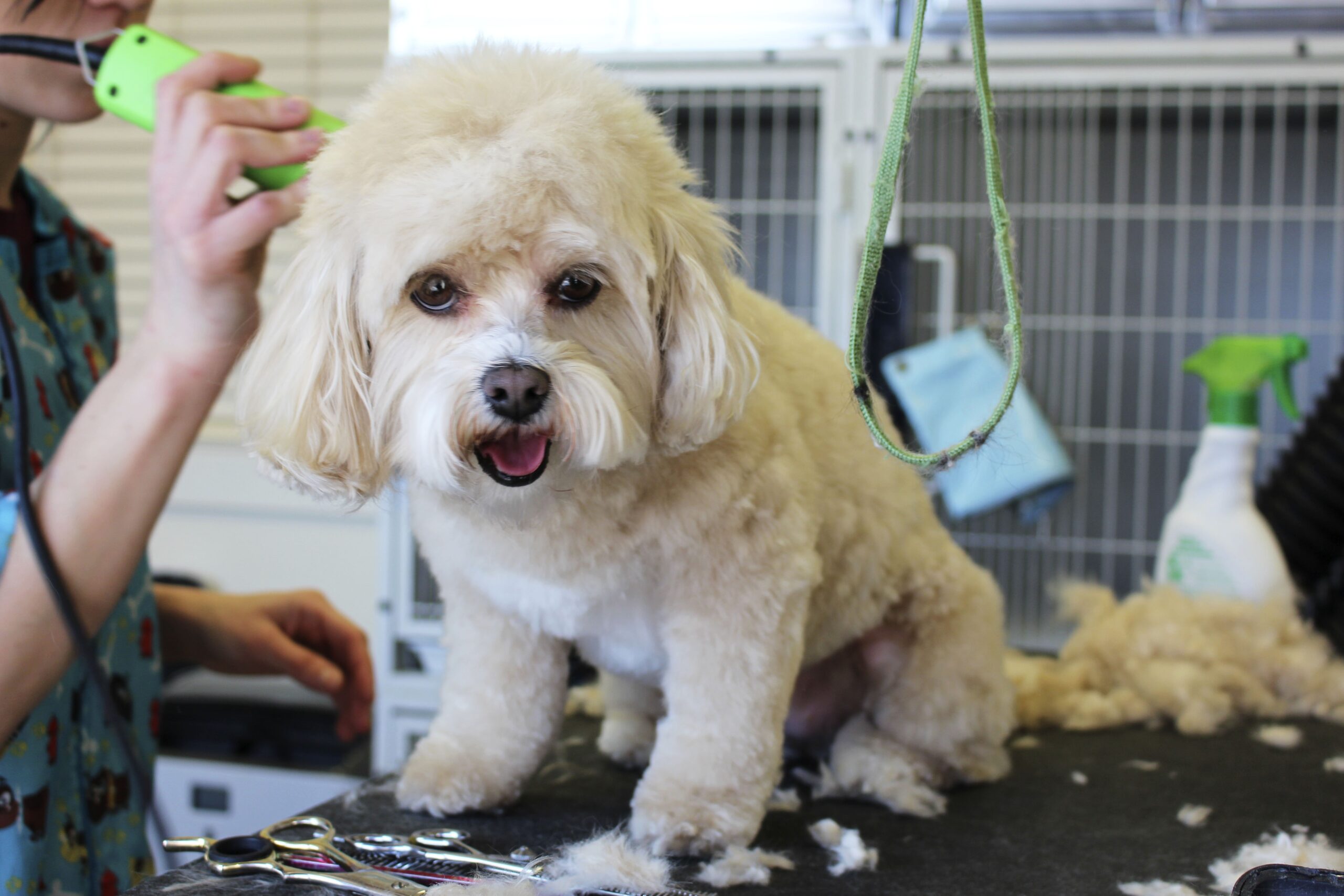
Toy Poodles require regular grooming to keep their coats looking healthy and free of mats and tangles. Daily brushing is recommended, along with regular visits to a professional groomer for trimming and styling.
In addition to grooming, Toy Poodles require regular exercise and mental stimulation to stay healthy and happy. Daily walks and playtime are recommended, as well as training and socialization to prevent behavioral issues.
Health Issues Like all dog breeds, Toy Poodles are susceptible to certain health issues. Some of the most common health problems seen in Toy Poodles include dental issues, eye problems, hip dysplasia, and epilepsy. Regular veterinary check-ups and preventive care are essential for maintaining the health of your Toy Poodle.
Training and Socialization
Toy Poodles are highly trainable and excel in obedience and agility competitions. However, they can also be prone to behavioral issues if not properly trained and socialized. Early socialization and training are essential for preventing behavioral problems, such as separation anxiety and aggression.
Training should be positive and rewards-based, and should focus on basic commands such as sit, stay, and come. Socialization should involve exposure to different people, animals, and environments to prevent fearfulness and anxiety.
Conclusion
Toy Poodles are charming and intelligent dogs that make wonderful companions for families and individuals alike. They require regular grooming and exercise, as well as proper training and socialization to prevent behavioral issues. With the proper care and attention, Toy Poodles can live long and healthy lives, bringing joy and companionship to their owners. If you are considering adding a Toy Poodle to your family, be sure to do your research and find a reputable breeder or rescue organization to ensure that you are getting a healthy and well-socialized dog.


